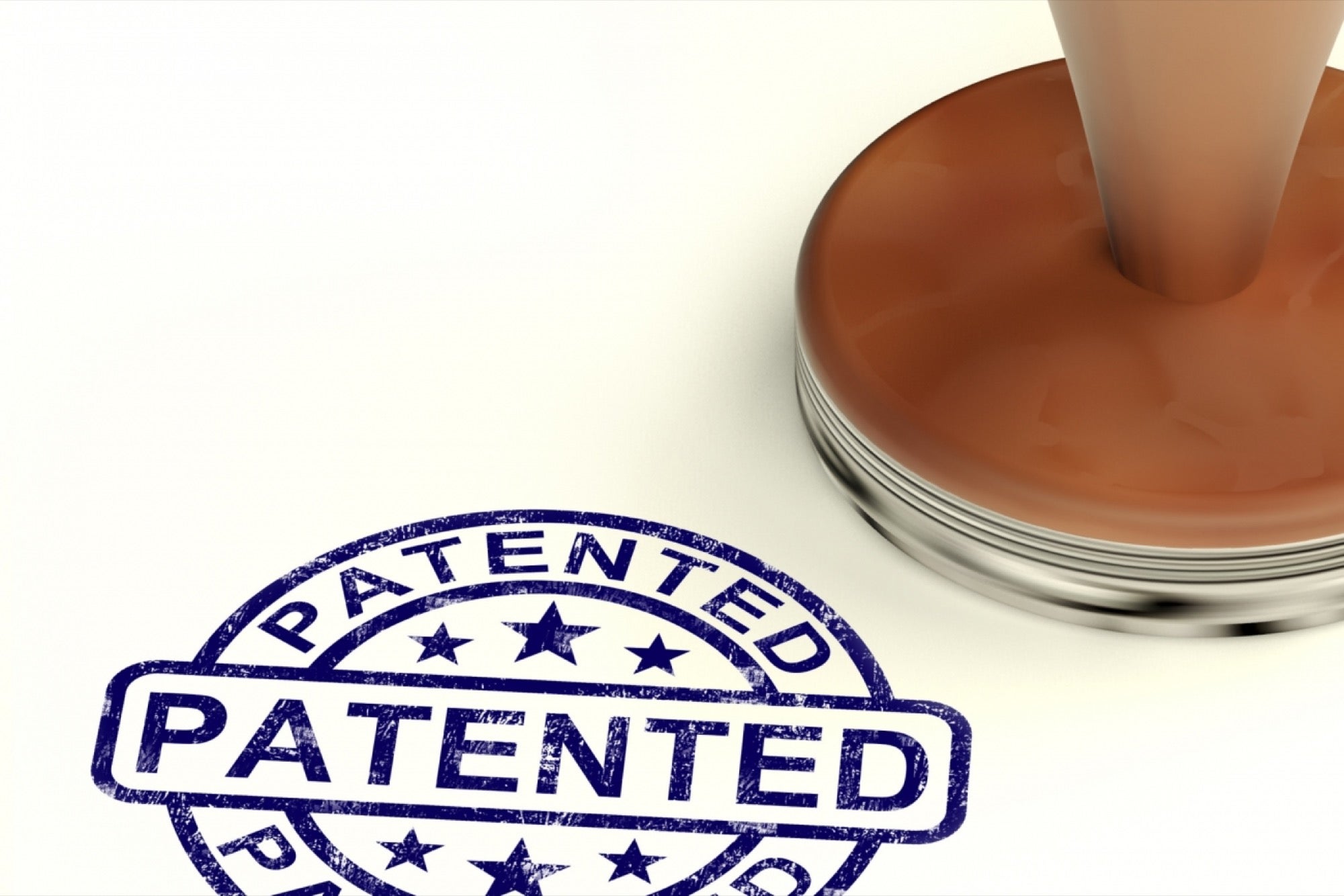Requisites of Patentability
The following are the requisites of patentability:
1. Any technical solution to a problem in any field of human activity;[1]
2. Inventive step, where an invention having regard to a prior art, it is not obvious to a person skilled in the art at the time of the filing date or priority date of the application claiming the invention;[2]
3. Novelty, where an invention shall be considered new if it does not form part of a prior art;[3]
4. Industrial applicability, where an invention can be produced and used in any industry;[4] and
5. Patentable subject matter, where an invention does not fall under the prohibitions provided under Section 22 of the IPC.

[1] Section 21, Intellectual Property Code.
[2] Section 26.1, Intellectual Property Code.
[3] Section 23, Intellectual Property Code.
[4] Section 27, Intellectual Property Code.
